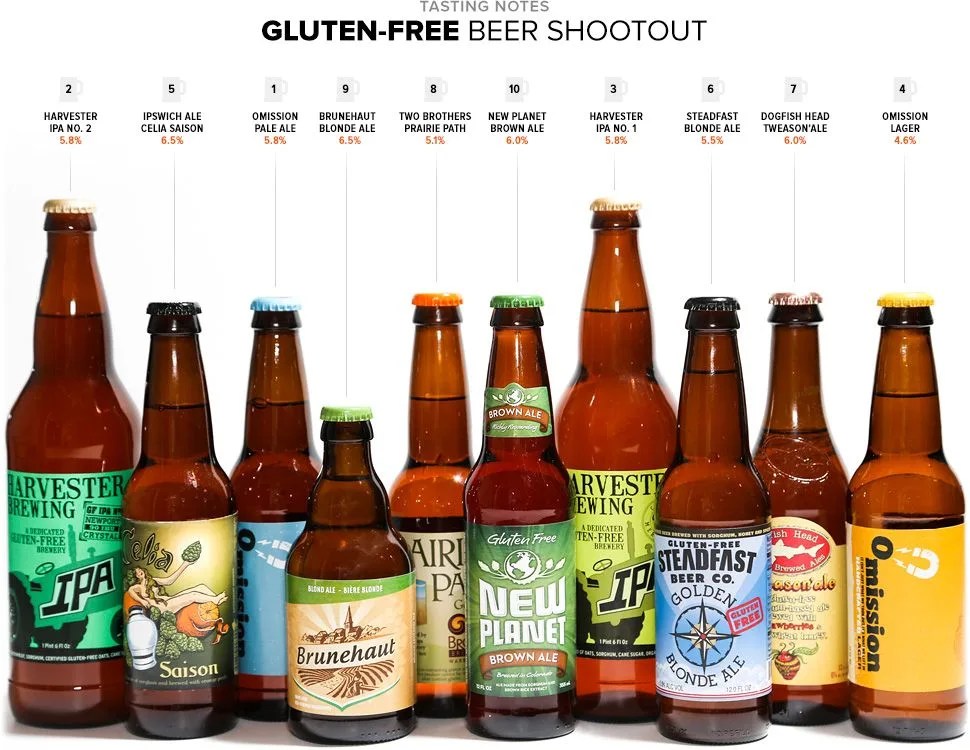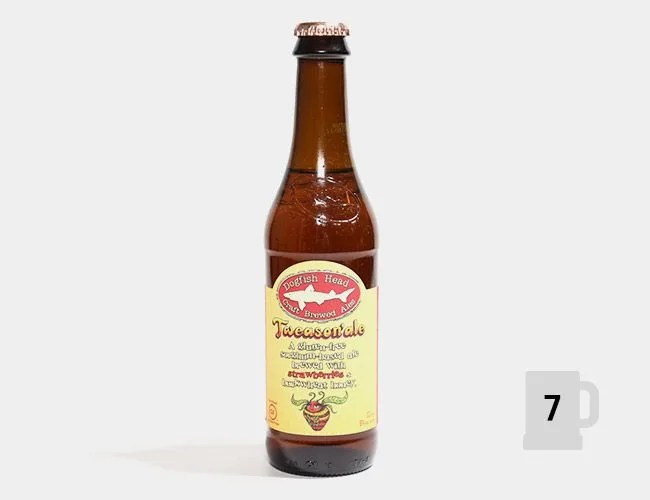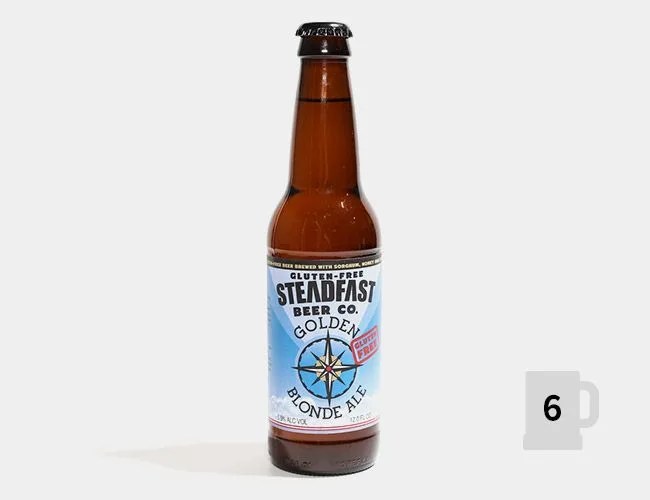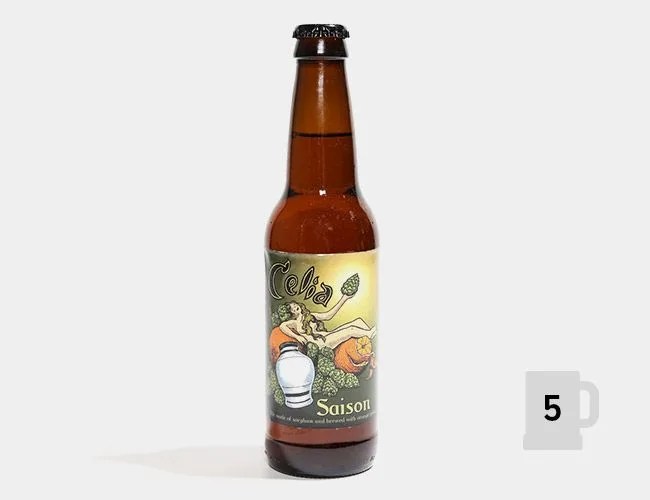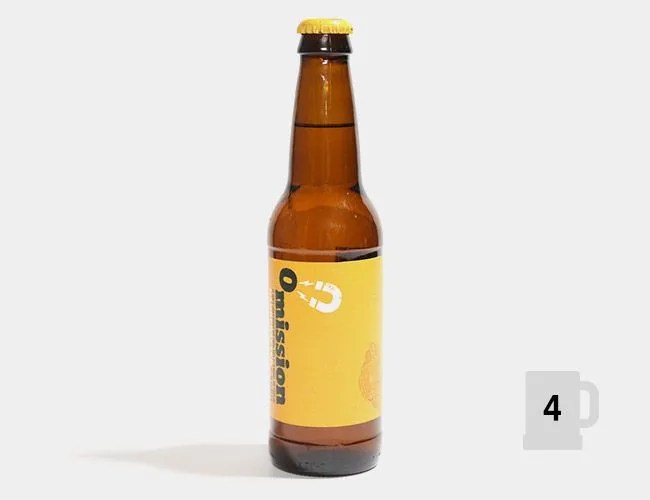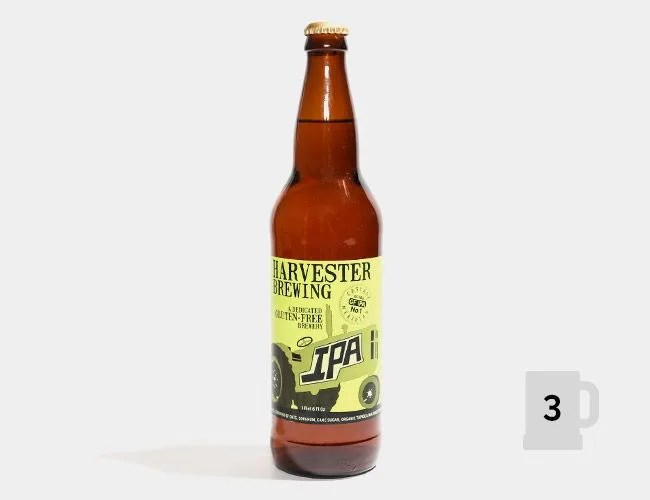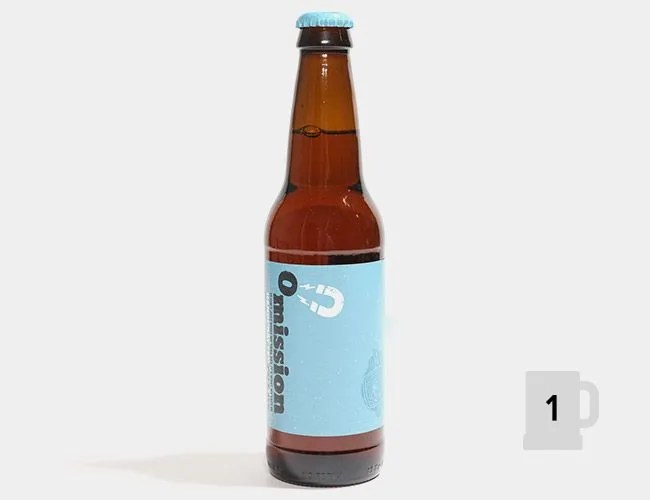A fair amount of people in this country eat and drink gluten-free by necessity — the 1 in 105 people who have celiac disease, for instance, or the estimated 1 in 10 people who have non-celiac gluten sensitivity — and many more do so by choice. But even before an awareness of gluten intolerances was cool hit the medical mainstream, the prescient craft beer industry started producing gluten-free beer. Instead of glutinous malts, they used millet, rice, sorghum, buckwheat, tapioca, or special enzymes that denature the gluten proteins that trigger celiac’s autoimmune response.
But when you tinker with malt, one of the four main ingredients in beer (water, hops, malt, yeast) and the one that activates the autoimmune response in those with celiac disease, does the resulting product still taste like beer? And if so, how does it hold up against more traditional counterparts? To find out, we put ten gluten-free beers to a blind taste test. Our conclusion? A select few are good enough for anyone — celiac and non-celiac alike — to enjoy on a regular basis. Others give the category a bad name. They’re ranked below, 10th being the worst, 1st being the best, based on the average scores of our three reviewers.
MORE BEER CHALLENGES: Best Russian Imperial Stouts | Best Smoked Beers | Tasting All of Dogfish Head’s Minute IPAs
New Planet Brown Ale, 6.0%
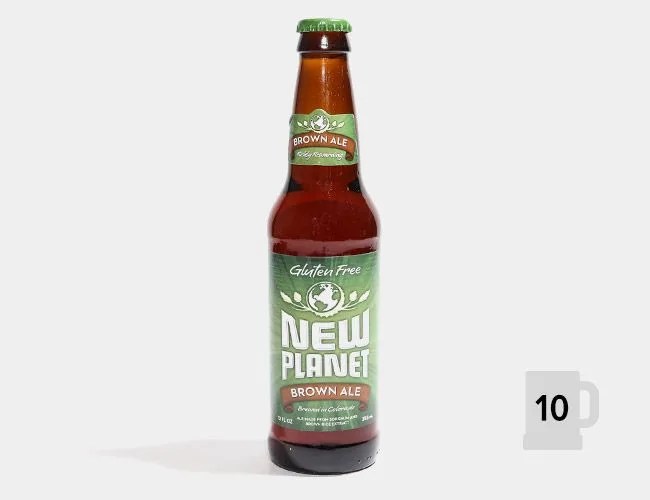
Our readers know that we’re not in the business of disparaging brands. But when something’s bad — like, really, really bad — we feel obligated to mention it. This beer (beer-like substitute? Malt-flavored beverage?), which substitutes grains with sorghum and brown rice, won a 2013 Bronze Medal in the gluten-free beer category at the Great American Beer Festival, but we can’t see why. It tastes like bad red wine, and smells not unlike rotting meat.
Brunehaut Blonde Ale, 6.5%
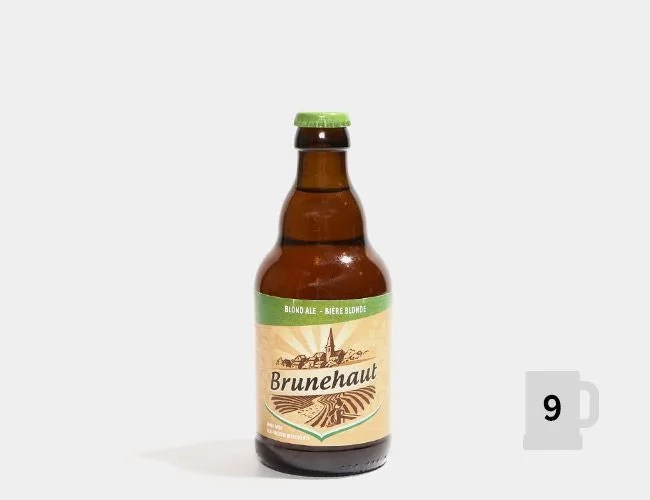
Not much better than New Planet Brown Ale is Brunehaut Blonde, which has a sour, nauseating smell and tastes like medicine. The only foreigner in the tournament, this relatively high-ABV beer — which uses de-glutenized barley — comes from Brunehaut, Belgium, a city with a brewing history of almost 1,000 years. In addition to the Blonde, Brunehaut makes several other gluten-free beers: Brunehaut Amber, Brunehaut Blanche and Brunehaut Triple, which, at 7.5% ABV, holds the distinction of being the highest ABV gluten-free beer that we’ve encountered. Perhaps those taste better, though after this selection, we’re not sure we want to try them.
